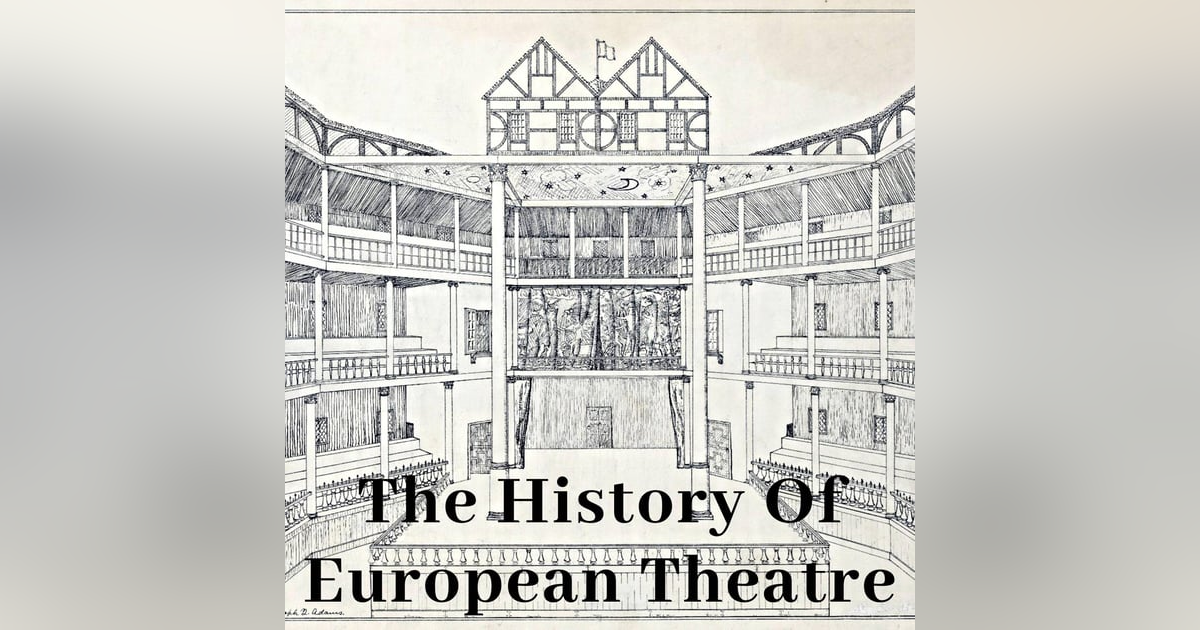Roman Pantomime: The Silent Art


Episode 44:
A detailed look at the Roman art of Pantomime which was the preeminent form of dramatic art during the Imperial period.
Dr Elodie Palliard's thoughts on why Pantomime dominated and how it was used by the Emperors.
The origins of Pantomime
The performers Pylades, Bathyllus and their relationship with Emperor Augustus
Pantomime as a non-verbal performance style
Description of Pantomime and the regiment for it's supremacy over other forms by Lucian
The banishment of performers and their reinstatement by Caligula
Caligula and pantomime
The morality of pantomime
2nd century description of pantomime by Apuleius.
Dr Paillard is Honorary Associate in the Department of Classics and Ancient History at the University of Sydney and lecturer and scientific collaborator in the Department of Ancient Civilizations at the University of Basel. She is currently leading a research project on Greek theatre in Roman Italy, funded by the Swiss National Science Foundation. She is the author of 'The Stage and the City. Non-élite Characters in the Tragedies of Sophocles' (Paris 2017).
She is currently co-editing two forthcoming collective volumes, one on Greek Theatre and Metatheatre: Definitions, Problems & Limits and one on Theatre and Autocracy in the Ancient World. In parallel to her interest in ancient Greek theatre, she is also working on the social structure of Classical Athens and the emergence of democracy.
You can connect with her on Twitter @elopai
This podcast uses the following third-party services for analysis:
Chartable - https://chartable.com/privacy

Dr
Elodie Paillard is Honorary Associate in the Department of Classics and Ancient History at the University of Sydney and lecturer/scientific collaborator in the Department of Ancient Civilizations at the University of Basel. She is currently leading a research project on Greek theatre in Roman Italy, funded by the Swiss National Science Foundation. She is the author of The Stage and the City. Non-élite Characters in the Tragedies of Sophocles (Paris 2017).
She is currently co-editing two forthcoming collective volumes, one on Greek Theatre and Metatheatre: Definitions, Problems, Limits, which was published in November 2021, and one on Theatre and Autocracy in the Ancient World. In parallel to her interest in ancient Greek theatre, she is also working on the social structure of Classical Athens and the emergence of democracy.